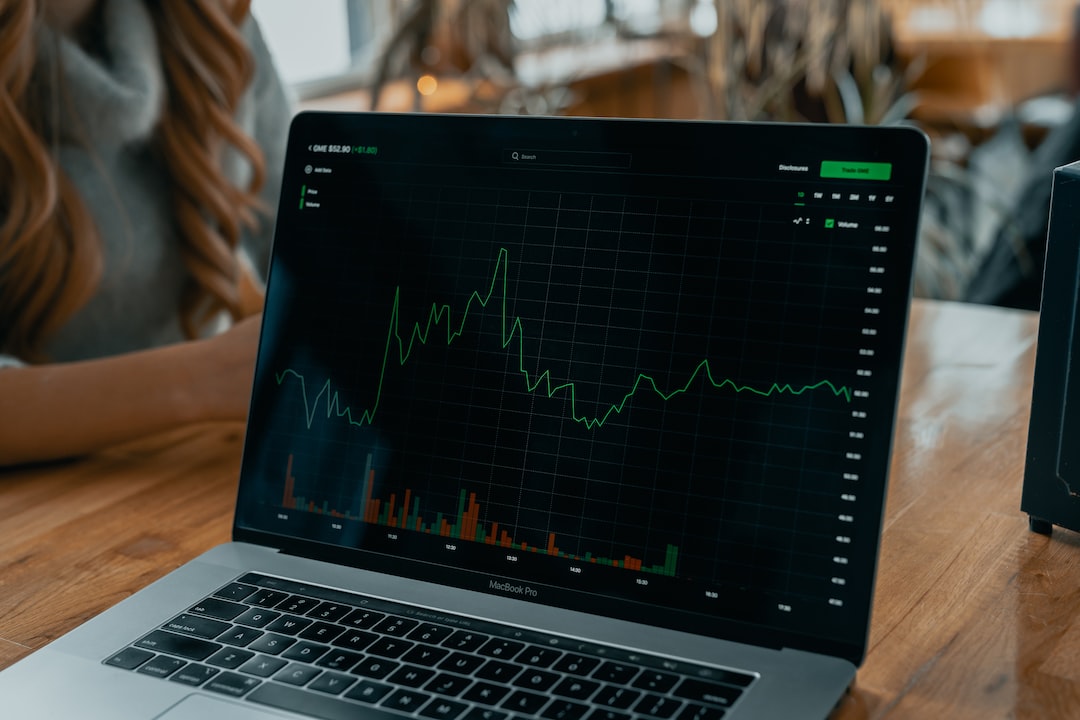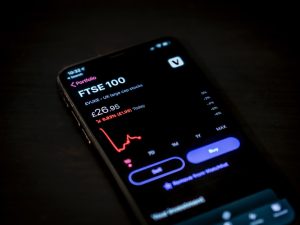Foreign exchange (forex) trading is a popular investment option for individuals looking to diversify their portfolio. Forex traders buy and sell currencies in the hope of making a profit. However, with profits come taxes. Forex traders are required to pay taxes on their earnings just like any other business or investment. In this article, we’ll be discussing how forex traders pay taxes.
Tax Laws for Forex Traders
The tax laws for forex traders vary depending on the country in which they reside. In the United States, the Internal Revenue Service (IRS) treats forex trading as capital gains and losses. This means that forex traders are required to pay taxes on the profits they make. The tax rate for capital gains and losses depends on the length of time the trader holds the investment.
For example, if a forex trader holds an investment for less than a year, they will be taxed at the short-term capital gains rate, which is typically higher than the long-term rate. If a forex trader holds an investment for more than a year, they will be taxed at the long-term capital gains rate, which is lower than the short-term rate.
In addition, forex traders are required to report their earnings on their tax return, even if they don’t withdraw the money from their forex trading account. Failure to report forex earnings can result in penalties and fines.
Tax Deductions for Forex Traders
Forex traders are eligible for tax deductions on certain expenses related to their trading activity. These deductions can help to reduce the amount of taxes a trader owes.
Some common tax deductions for forex traders include:
1. Trading Expenses: Forex traders can deduct expenses related to their trading activity, such as brokerage fees, trading software, and data subscriptions.
2. Home Office Expenses: If a forex trader works from home, they may be eligible for a home office deduction. This deduction allows traders to deduct a portion of their home expenses, such as rent or mortgage payments, utilities, and insurance.
3. Education Expenses: Forex traders can deduct expenses related to their education, such as seminars, books, and online courses.
4. Travel Expenses: Forex traders who travel for business purposes can deduct expenses such as airfare, hotel accommodations, and meals.
Record Keeping for Forex Traders
Forex traders are required to keep accurate records of all their trading activity. This includes records of all trades, profits, and losses. Keeping accurate records can help forex traders to determine their tax liability and ensure they are reporting their earnings correctly.
Forex traders should keep the following records:
1. Trade Records: Forex traders should keep a record of every trade they make, including the date, time, currency pair, and price.
2. Profit and Loss Records: Forex traders should keep a record of all profits and losses, including the amount of money gained or lost on each trade.
3. Account Statements: Forex traders should keep a record of their account statements, which show their account balance, deposits, and withdrawals.
4. Tax Forms: Forex traders should keep a record of all tax forms, such as the 1099 form, which shows their earnings from forex trading.
Conclusion
Forex trading can be a profitable investment option, but it also comes with tax obligations. Forex traders are required to pay taxes on their earnings and report their earnings on their tax return. Forex traders are also eligible for tax deductions on certain expenses related to their trading activity. Keeping accurate records of all trading activity is essential for forex traders to determine their tax liability and ensure they are reporting their earnings correctly. If you are a forex trader, it is important to consult with a tax professional to ensure you are complying with all tax laws and regulations.





